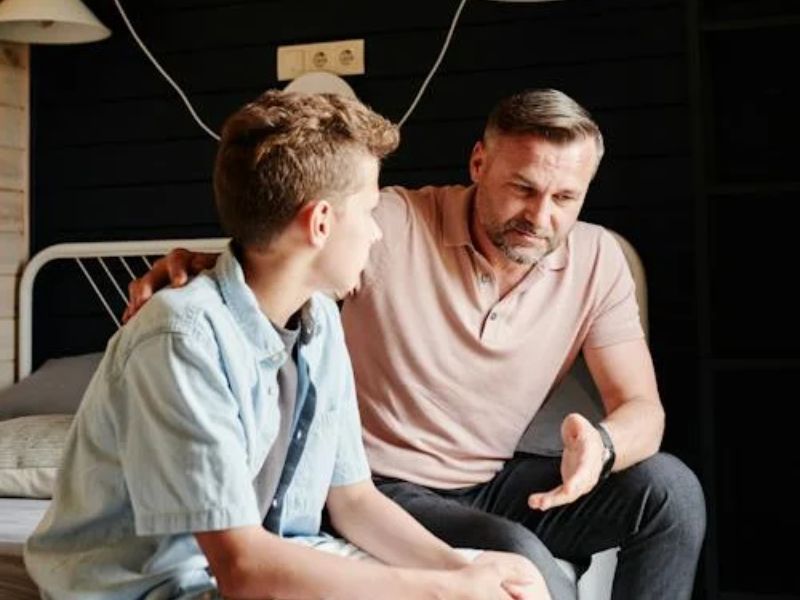Helicopter parenting has become a common phenomenon in recent years, where parents hover over their children’s lives, intervening in every aspect, including their education. While many parents believe they are helping their children by being involved in their schooling, teachers have a different opinion.
Teachers view helicopter parents as overbearing and interfering in their ability to teach their students. They argue that such parents do not allow their children to develop independence and self-sufficiency, which is critical for their future success. Additionally, teachers feel that helicopter parents often undermine their authority in the classroom and prevent them from doing their jobs effectively.

Image Credit: Pexels/Julia M Cameron
One of the teachers’ most significant concerns with helicopter parents is that they place unrealistic expectations on their children. These parents often have high aspirations for their children, expecting them to excel academically, participate in extracurricular activities, and maintain a perfect social life. This pressure can cause significant stress and anxiety in children, leading to burnout and academic failure.
Moreover, helicopter parents tend to micromanage their children’s education, constantly checking grades, emailing teachers, and demanding special treatment. This behavior can be frustrating for teachers, as it takes up considerable time and energy, leaving them less time to teach and focus on their other students.

Image Credit: Pexels/Mart Production
Despite the challenges of dealing with helicopter parents, teachers acknowledge that parent involvement is essential for student success. However, they believe a fine line exists between being involved and overbearing. Teachers suggest that parents support their children’s education and allow them to learn from their mistakes and develop independence.
In conclusion, while some parents believe that helicopter parenting is a sign of good parenting, teachers have a different perspective. They think such behavior can be detrimental to children’s education, hindering their ability to develop independence and succeed in the future. Therefore, parents should be mindful of their involvement in their children’s education and strive to find a balance between being supportive and allowing their children to learn and grow independently.